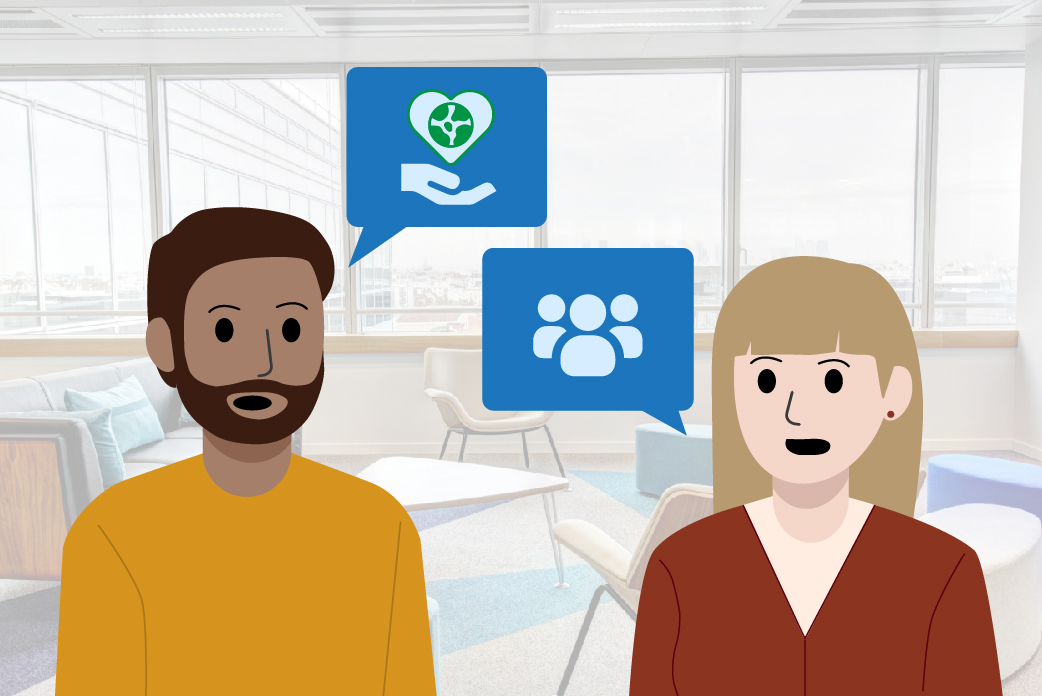Description
For public health professionals, communicating the right information to their community members can be challenging. And without an understanding of the key concepts and strategies that define effective communication, many professionals don’t know where to start.
In this 90-minute course, you will identify ways to successfully reach community members with core messaging to advance public health. By following the story of one environmental public health team, you will see examples of how to engage a number of different audiences using a four-part approach - educating, communicating, resolving conflict, and marketing - in service of the core competencies that make up environmental public health work.
Learning Objectives
- Identify three essential components of the communication process
- Describe the core competencies and skills of communicating for public health
- Explain three key practices for educating the public about public health
- Explain four key practices for communicating core public health messages
- Explain three key strategies for resolving conflict in public health
- Explain two key principles of marketing that help define and explain the value of public health
Intended Audience
Public health professionals, especially practitioners who are responsible for implementing public health programs.
Length
This course should take approximately 90 minutes to complete.
Course Instructor
Carl Osaki, RS, MSPH
Northwest Center for Public Health Practice
School of Public Health, University of Washington
Accessibility
This online training course is text-based and is designed for accessibility. If you have any difficulties in accessing the information given in any of our documents or need further assistance, please contact nwcphp@uw.edu.

